Teaching Ideas
Explore jumping-off points that deepen discussions, inspire reading interest, and support connections to books and authors. Easily share and include in your instructional plans, newsletters, and social media.
Neurodiversity Celebration Week
Neurodiversity Celebration Week, March 18 - March 24 is designed to help build awareness and celebrate the strength of people who are neurodiverse, as well as challenge stereotypes and misconceptions.
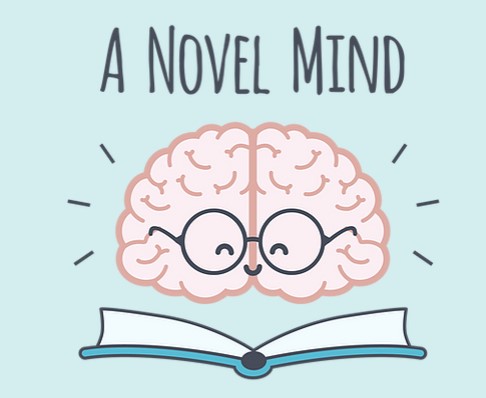
Discover titles and resources to use and share on these two lists:
Explore titles honored by the Dolly Gray Children's Literature Award, which authentically portray individuals with developmental disabilities, such as autism spectrum disorders.
Connections for Younger Students
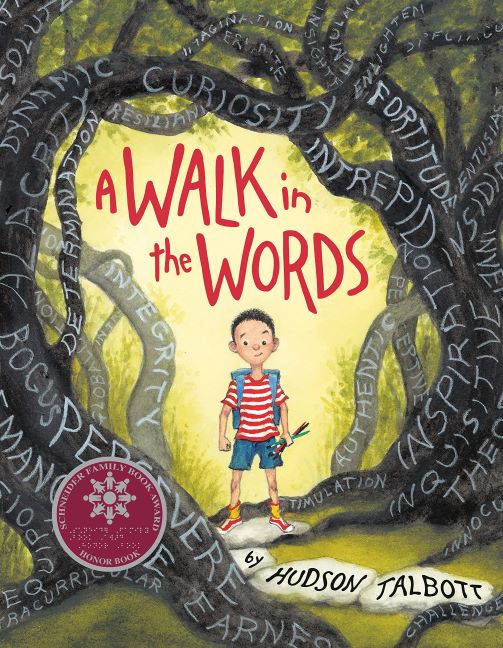
Reflect on or write about how the things we consider to be different about ourselves can be great assets after watching this Meet-the-Author Recording with Hudson Talbott for A Walk in the Words.
Watch together the complete video reading for The Classroom Mystery: A Book about ADHD. Ask students how Izzy’s differences helped her solve the mystery and reflect together on why we shouldn’t assume that differences are negative.
Show this complete video book reading for Wiggles, Stomps, and Squeezes Calm My Jitters Down about sensory differences. Then, learn about our 8 senses and try activities from this reading guide and activity book.
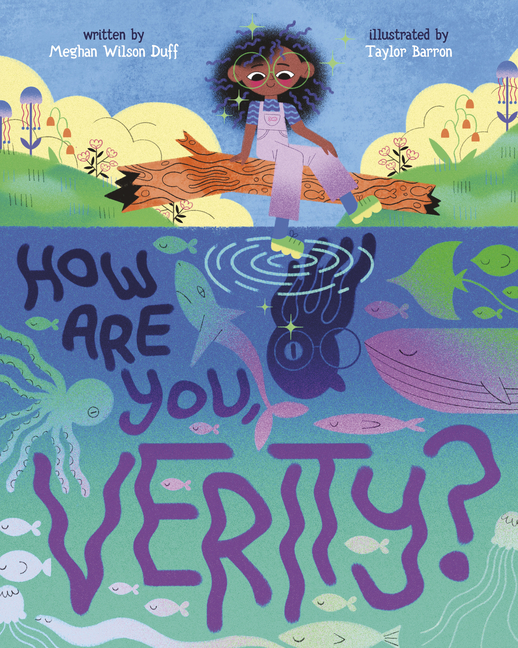
Watch this complete video reading of How Are You, Verity? to prompt thinking about language and social norms. Where do they come from? How do we learn them? What are some other examples?
Draw feelings using this template for Samantha Cotterill’s Can I Play Too? Print out these activity cards for even more ways to play and learn.
Connections for Older Students
- Think metaphorically, research people with dyslexia, or try other activities from these teaching ideas after watching the video book trailer for Fish in a Tree.
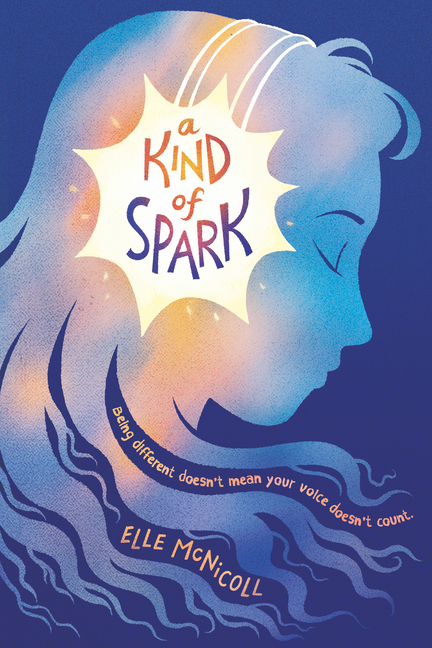
Think about differences using questions and prompts from this reader's guide for A Kind of Spark.
Listen to this audio excerpt for Funny, You Don't Look Autistic: A Comedian's Guide to Life on the Spectrum then use activities and questions from this lesson plan.
Learn about the author’s experience to become a neurodiversity advocate in this audiobook excerpt for The Spectrum Girl's Survival Guide: How to Grow Up Awesome and Autistic. Encourage students to write a list of ways that they are awesome!
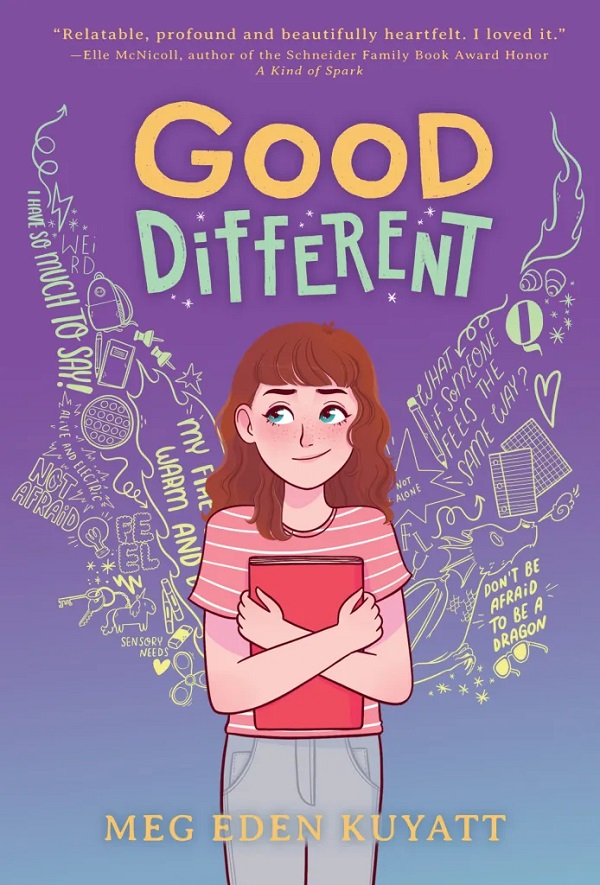
Listen to the Meet-the-Author Recording with Meg Eden Kuyatt for Good Different to help faciliate a discussion about empathy. What are some ways we can seek to understand instead of making assumptions?
Guide students through the resources and prompts in this Guest Author Blog Post called "Maudie McGinn and Me: Navigating Neurodivergence". Learn directly from the author, who is neurodivergent, and reflect on how we can build understanding together.

